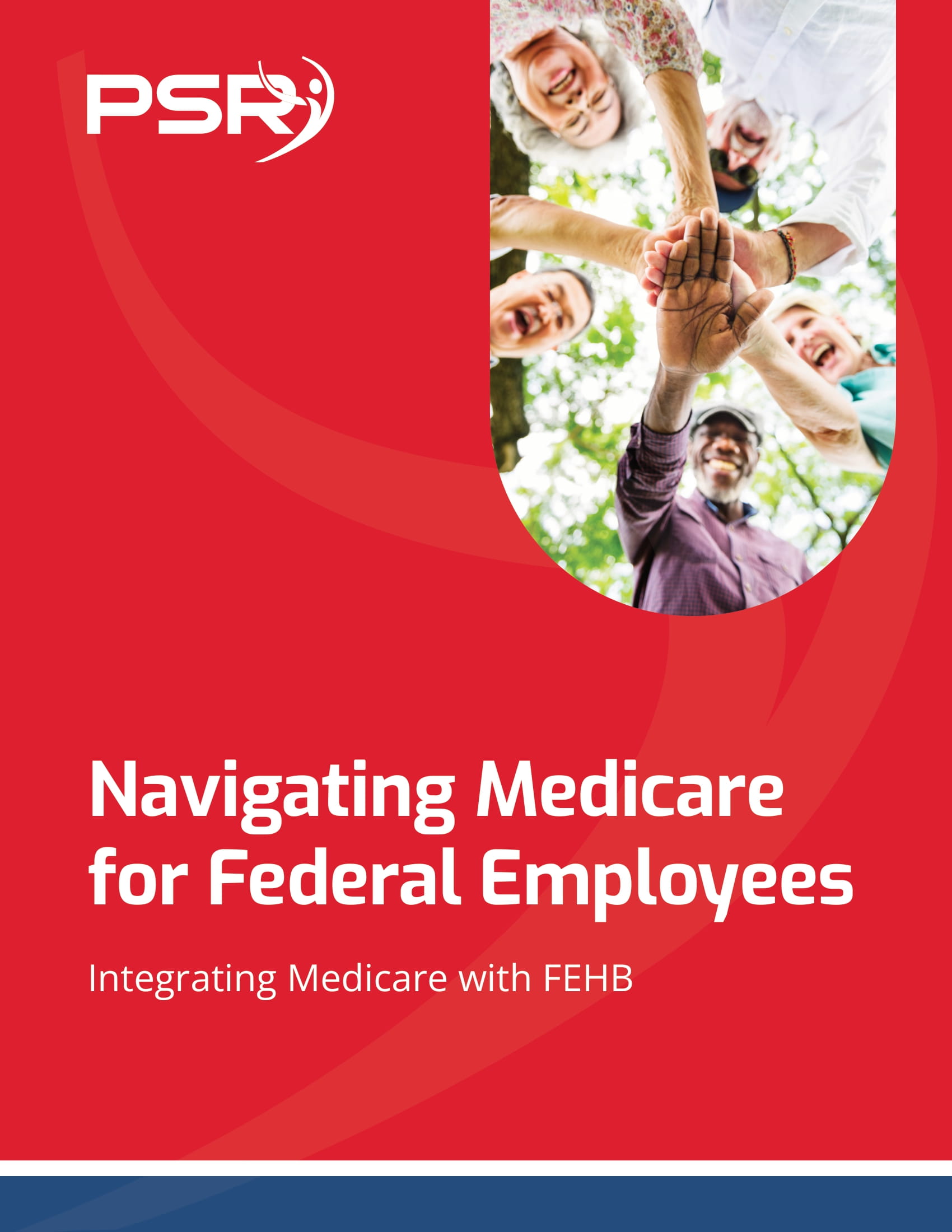Key Takeaways
-
Integrating Medicare with Federal Benefits Can Save You Money: Coordinating Medicare with the Federal Employees Health Benefits (FEHB) program can minimize out-of-pocket costs and maximize coverage options during retirement.
-
Plan Early to Optimize Your Benefits: Understanding how Medicare works alongside your federal benefits well before retirement can help you make informed decisions that secure your healthcare needs.
Medicare and Federal Employee Benefits: The Combo You Should Be Planning For Ahead of Retirement
- Also Read: Divorce and Your Federal Pension—What Happens When You Split Assets and How It Could Affect Your TSP
- Also Read: What Happens to Your Federal Benefits After Divorce? Here’s the Lowdown
- Also Read: The Best FEHB Plans for 2025: Which One Fits Your Lifestyle and Budget the Best?
Understanding the Basics of Medicare and FEHB
Medicare, a federal health insurance program, primarily serves individuals aged 65 and older, as well as some younger individuals with specific disabilities. It has several parts:
- Part A: Covers hospital stays, skilled nursing facilities, and some home healthcare services.
- Part B: Covers medical services like doctor visits, preventive services, outpatient care, and medical equipment.
- Part C: Also known as Medicare Advantage, offers an alternative to traditional Medicare (Parts A and B) through private insurers.
- Part D: Provides prescription drug coverage.
The FEHB program offers health coverage to federal employees, retirees, and their eligible family members. When federal employees retire, they have the option to keep their FEHB coverage into retirement, provided they meet the requirements. This is where the planning comes into play: deciding how and when to integrate FEHB with Medicare to maximize benefits while minimizing costs.
The Benefits of Combining Medicare with FEHB
Combining Medicare with FEHB is often considered a winning strategy for federal retirees. But what exactly are the advantages?
-
Lower Out-of-Pocket Costs: Medicare often covers the majority of medical expenses, with FEHB acting as secondary insurance. This means that in many cases, your out-of-pocket costs are significantly reduced, as FEHB may cover what Medicare does not, such as deductibles and coinsurance.
-
Comprehensive Coverage: By integrating both Medicare and FEHB, retirees can enjoy a broad range of services, including both basic medical services and additional benefits such as vision, dental, and prescription drugs that might not be fully covered by Medicare alone.
-
Freedom to Choose Providers: With Medicare as your primary coverage and FEHB as your secondary, you often gain flexibility in choosing healthcare providers and facilities. This combination gives retirees the freedom to visit providers who accept Medicare, while still benefiting from the network advantages offered by their FEHB plan.
Timing is Everything: When to Enroll in Medicare
To make the most of your federal benefits and Medicare, understanding the right time to enroll is crucial. Here’s what federal employees and retirees need to keep in mind:
-
Part A Enrollment: Most federal retirees opt for Medicare Part A when they turn 65 because it is premium-free for those who have paid Medicare taxes for at least 10 years. Enrolling in Part A is generally a straightforward decision, as it complements your existing FEHB coverage and provides additional hospital protection at no cost.
-
Part B Considerations: Part B requires a monthly premium, which can make it a more complex decision. Many federal retirees choose to enroll in Part B as it helps cover costs that FEHB may not fully pay, such as outpatient services and doctor visits. However, if you choose not to enroll in Part B at age 65, you may face a penalty if you decide to enroll later, and the premium could increase. Weighing the costs and benefits of Part B is essential, especially considering your specific health needs and financial situation.
Choosing the Right FEHB Plan in Retirement
Not all FEHB plans work the same way when combined with Medicare, so choosing the right plan before and during retirement is critical. Some FEHB plans offer benefits that complement Medicare better than others, such as reduced copays and coinsurance when Medicare becomes your primary insurer. Evaluating your options and consulting with a benefits advisor can ensure you select a plan that aligns with your Medicare choices, maximizing coverage while minimizing costs.
Should You Drop FEHB When You Have Medicare?
A common question among federal retirees is whether to keep FEHB once Medicare coverage begins. In most cases, keeping FEHB as secondary insurance is beneficial because it provides additional services and covers costs that Medicare may not. However, some retirees choose to suspend their FEHB plan and switch to a Medicare Advantage plan (Part C) to save on premiums, while still having the option to re-enroll in FEHB later if needed.
The decision largely depends on your financial goals, healthcare needs, and whether the specific FEHB plan offers good supplementary benefits alongside Medicare. Retirees should explore all options, keeping in mind that suspending FEHB is different from canceling it—it allows more flexibility to return to FEHB if circumstances change.
Common Costs and How to Manage Them
Understanding the costs associated with Medicare and FEHB is critical. While Medicare Part A is generally free, Part B has a standard premium, which varies based on income. The costs of Part D (prescription drugs) and any Medicare Advantage plans (Part C) also need to be considered if you opt for additional coverage.
FEHB premiums will also continue into retirement, and they vary by plan and coverage level. Keeping both FEHB and Medicare can lead to higher monthly premiums, but it can also significantly reduce unexpected out-of-pocket expenses. It’s essential to compare costs and benefits carefully to create a balanced approach that suits your financial and healthcare needs.
Planning for Long-Term Care: An Often Overlooked Aspect
One of the major gaps in Medicare and FEHB is long-term care coverage. Medicare does not cover long-term custodial care, and while some FEHB plans may offer limited coverage for skilled nursing facilities or home health services, these benefits are typically short-term.
Federal retirees might consider long-term care insurance as a supplement to Medicare and FEHB, helping cover costs associated with extended nursing home stays or in-home care services. Planning ahead by exploring long-term care insurance options, even before retirement, can offer peace of mind and financial protection later in life.
Final Thoughts on Planning for Medicare and Federal Benefits
Planning ahead for Medicare and FEHB integration can save you from unexpected healthcare expenses and ensure you have access to comprehensive coverage when you need it most. Federal retirees have a unique advantage in being able to coordinate these two programs, but doing so effectively requires early preparation, understanding the costs involved, and choosing the right FEHB plan that aligns with your Medicare coverage.













